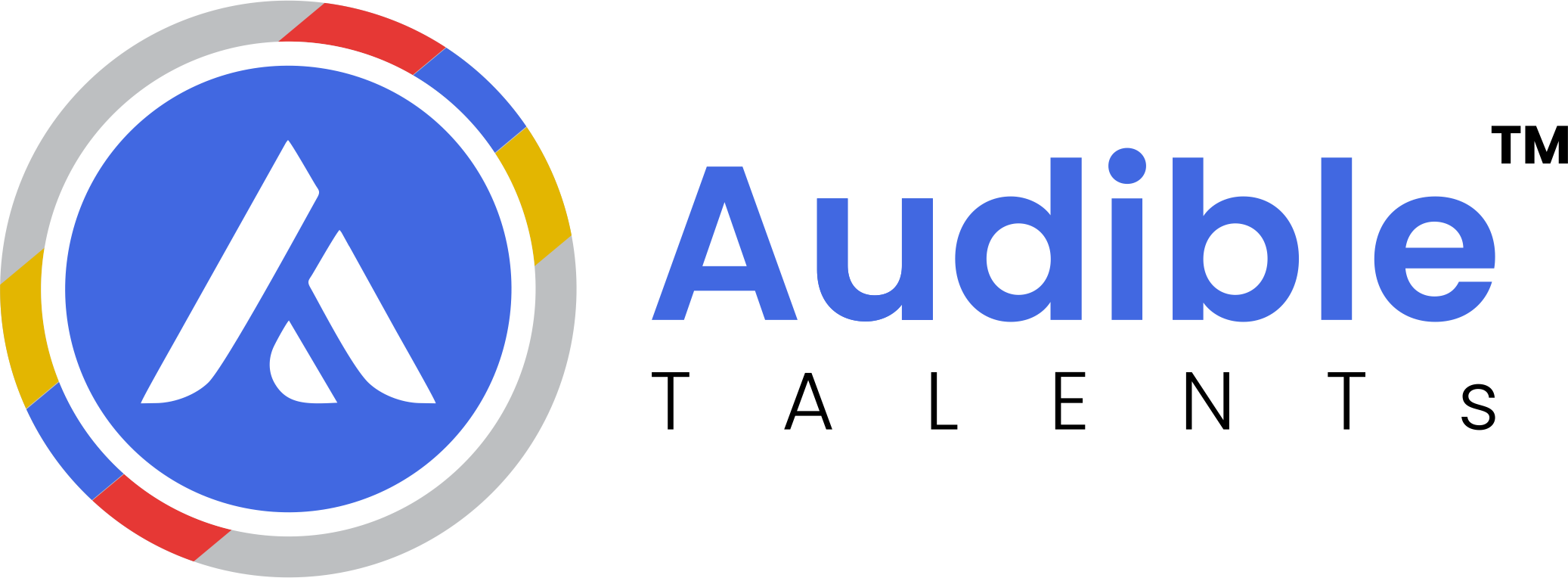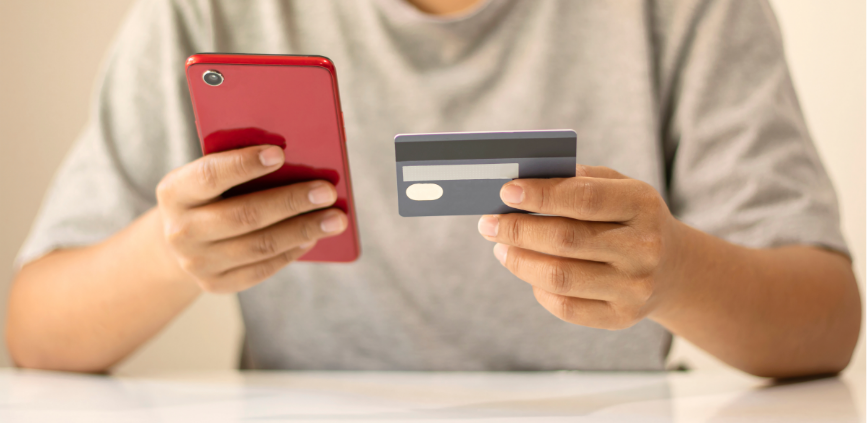
Cross-border Payment Gateways For African Freelancers: The Struggle & Solution
Don’t you hate it when you work so hard to get an international client and get the job done, only for your payment to get cut down from international bank charges?
I’ve been there. I struggled for weeks to land my first international client. Finally, I got my first international gig for $200 after weeks of working hard. Upon completing the project, I got paid, but I wasn’t happy. Why? The money that finally got into my account was worth $170 in my local currency. Commission fees and bank charges had taken their share of my hard-earned money. I wish I knew better ways of receiving my funds from international clients.
In this blog post, we’ll look at some of the payment platforms available to freelancers in Africa, what you need to sign up on them and the most effective, and fastest ones for receiving money from international clients.
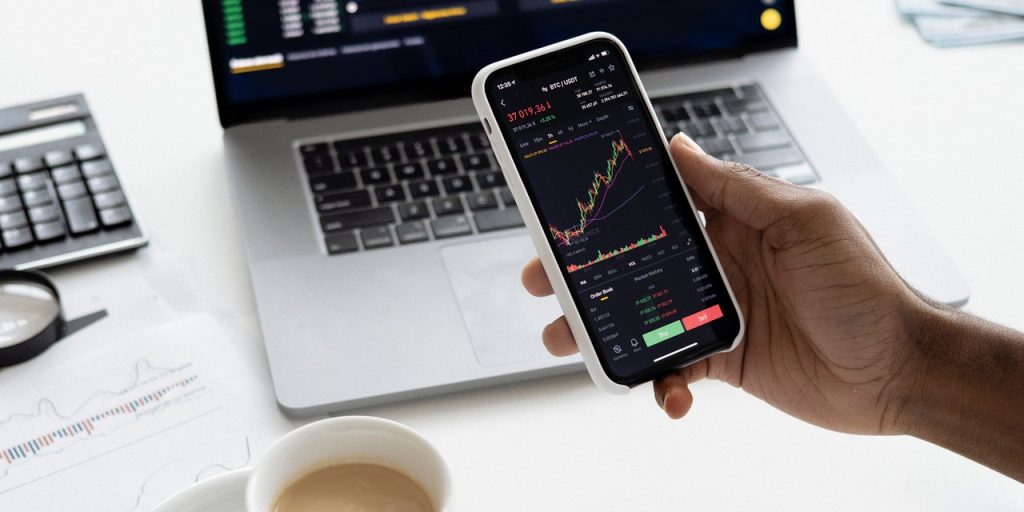
6 Essential Considerations for International Fund Receipts
When doing your research on the various ways of receiving funds from an international client, there are 6 things you should consider:
- Available currencies and coverage —how many currencies are available for international transactions?
- Exchange rates—are the exchange rates favourable when converting to your local currency?
- Credibility—is it safe and secure? How long have they been operational?
- Time—how long does it take to set up and account? How long does it take for payments to reflect in your account?
- Customer service—how fast and effective do they respond to complaints?
- Transaction fees – how much are you charged per transaction? Any hidden charges?
- Other features – Physical or virtual cards and payment tracking system
Top 7 Ways to get paid as an African Freelancer
Domiciliary account
A domiciliary account (also known as a dom account) is a bank account that allows you to perform foreign transactions on that account, such as paying for online international transactions and receiving or depositing foreign currencies like USD, EUR, and GBP.
Domiciliary accounts have been the earliest means for Nigerian freelancers to receive funds from international clients.
The requirements for a domiciliary account vary across banks in Nigeria, but they generally require:
- A passport photograph,
- A means of identification (preferably NIN or Voter’s card),
- BVN
- 2 references
- Utility bill.
To receive money from an international client using your domiciliary account, you need to provide the client with:
- Your name and bank account number,
- Name of bank and branch,
- Swift code
- Routing number
- Amount to be transferred
The commission per transaction varies across banks. It usually takes 2-3 working days for your money to reflect in your domiciliary account after your client makes the deposit.
To withdraw your money after a confirmation mail, you must visit your bank, fill out a withdrawal teller, and receive your money in the deposited foreign currency. Nigerian banks do not convert your money to naira for you. To do that, you must visit a Bureau De Change (Local merchants that exchange foreign currency for local currency). The rates for conversion differ across buyers.
However, if this process sounds stressful, there are other smoother ways to receive your money from an international client.
Paypal
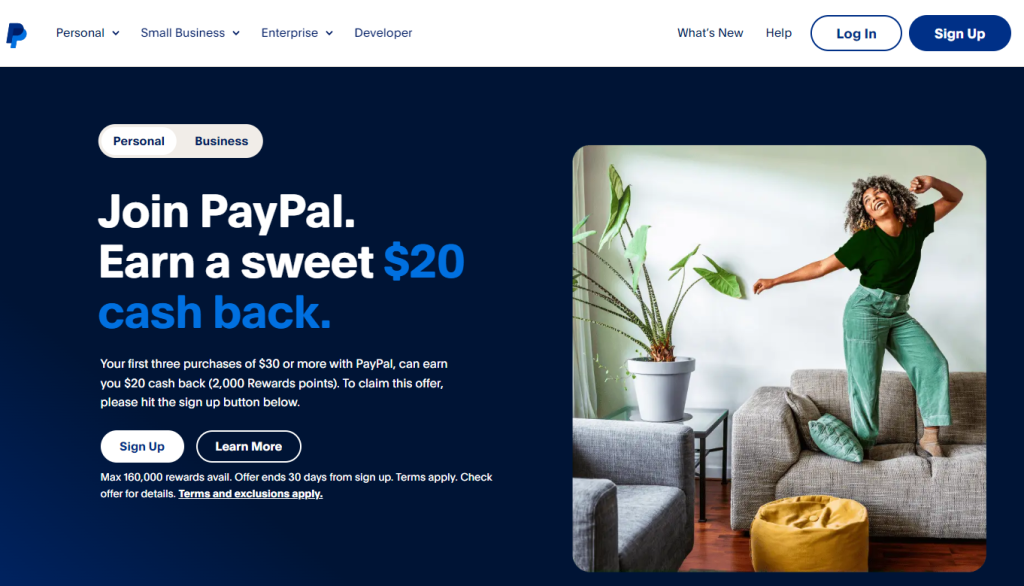
Paypal is a well known cross-border payment method among Nigerian freelancers.
After registering on their platform, all you have to do is send the associated email address used in registration to the client, and they can pay anytime for completed projects. It’s that easy. However, the biggest turnoff with PayPal is that Nigerians and other African countries have been restricted from using PayPal—you can register your account and receive money, but you will not be allowed to make withdrawals or international payments. Though there are several ways to bypass that, we’ll not advise you to do that. If your account gets flagged, you could be banned, and PayPal will confiscate your funds.
Since PayPal is a no-no for Nigerian freelancers, let’s look at other ways to receive your funds from an international client.
Payoneer
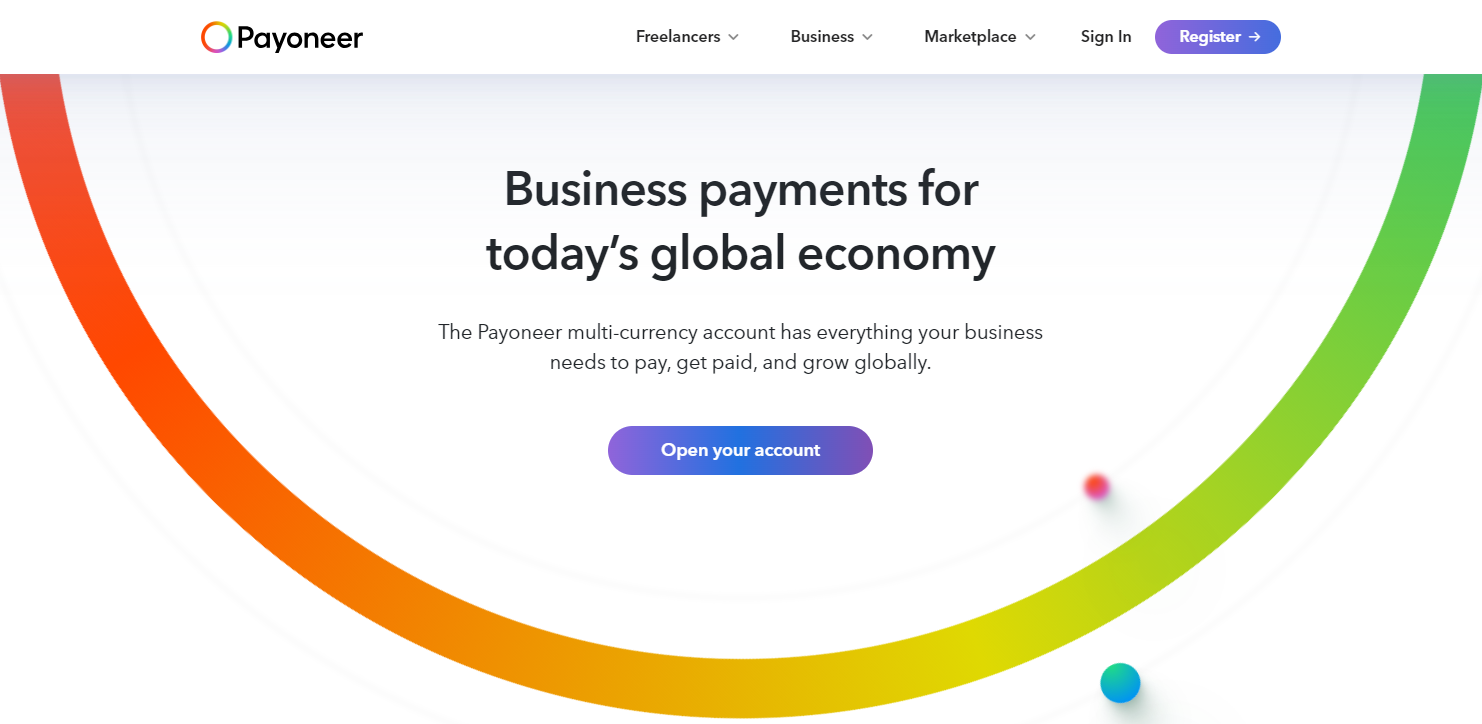
If you ask any Nigerian freelancer, “how do you receive funds from international clients?” 9 out of 10 are likely to mention Payoneer as their payment option, and this is because Payoneer is connected to most freelance marketplaces that Nigerians get international clients from— Upwork, Fiverr, and People per Hour have Payoneer integrated into their service for payment.
Payoneer is one of the most common and safest ways to receive funds from international clients. It also allows you to create multiple accounts in USD, EUR, GBP, CAD, AUD, JPY and so on. The best thing Nigerian freelancers also love about Payoneer is the payment options it provides. There are several ways to get paid depending on whether you are working with an individual client or a company.
It takes approximately 2-5 working days for you to be credited after your client has made the payment into your account. As soon as the money is reflected in your account, all you need to do is transfer the funds to your local bank, and you can withdraw your money safely.
The only shortcoming with Payoneer is their rates which are higher than standard rates, and this cuts down your money by the time you convert it to your local currency. Payoneer also charges a commission fee of 2% per transaction and an annual maintenance of about $30.
If Payoneer’s rates are too high for you, let’s check out other ways to receive funds from international clients with little to no charges.
Aboki (Now called Grey.co)
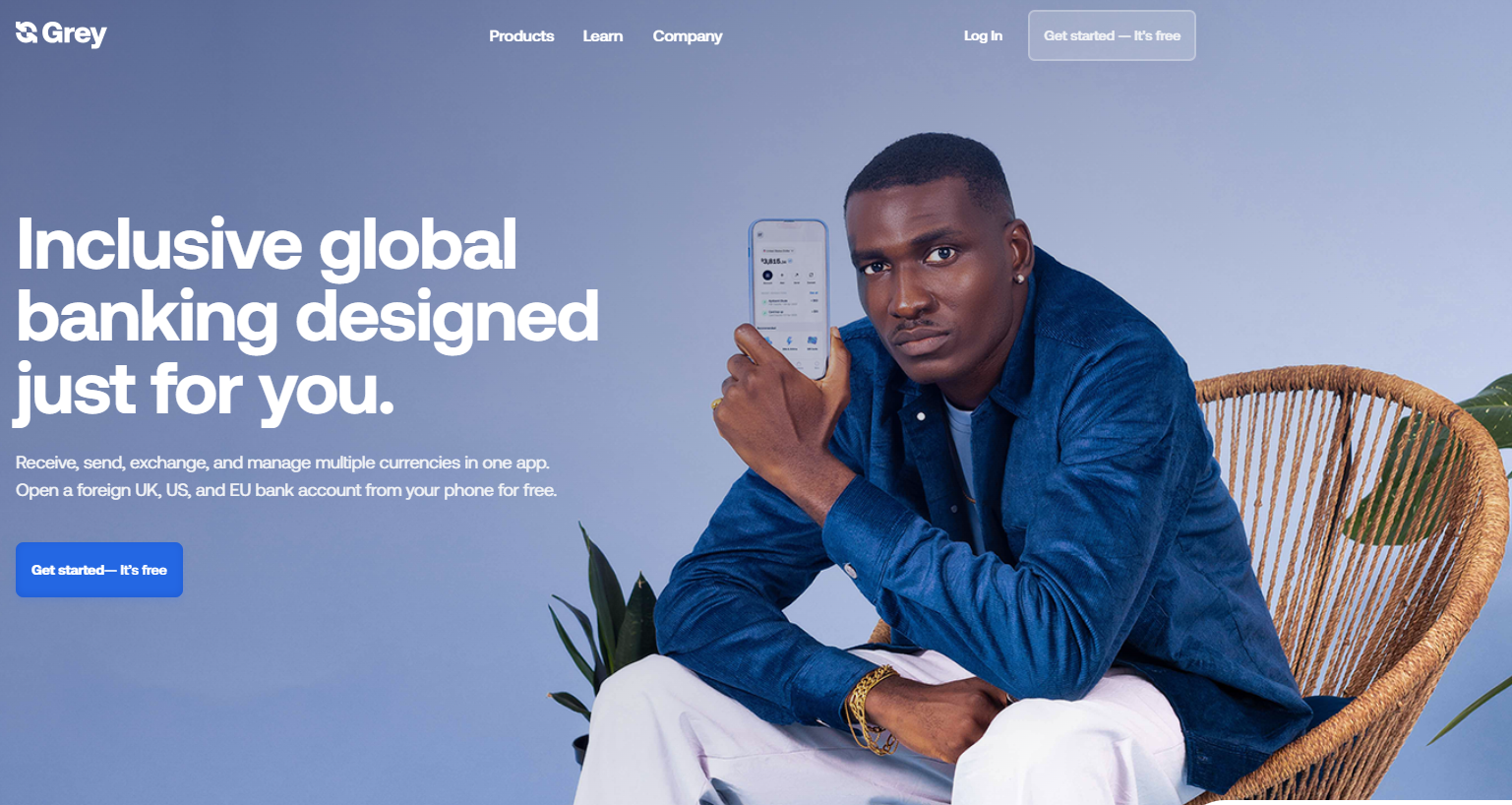
Aboki or Grey is a foreign currency exchange platform, one of the latest payment services that allow Nigerians to receive money internationally. In 2021, Aboki was founded, and it currently supports only three currency accounts— the British Pound (GBP), Euro (Euro), and the United States Dollar (USD).
After registration and verification, Grey will provide you with an international bank account number that you can send to international clients and immediately start receiving money. It takes about 1-3 business days before 3 pm WAT on each day for payment transactions of your payment to reflect in your account.
Grey charges a transaction fee of 1% per every $6 USD; however, there are other limitations with Aboki—50 GBP, EUR, or USD as the minimum amount for a single transaction, and 1000 GBP, EUR, & USD as the maximum for a single transaction. Grey also offers virtual cards to make international payments.
So if you’re a freelancer who doesn’t earn much, you can go for Aboki for now till you reach that high level. If not, let us look at other available options.
Flutterwave
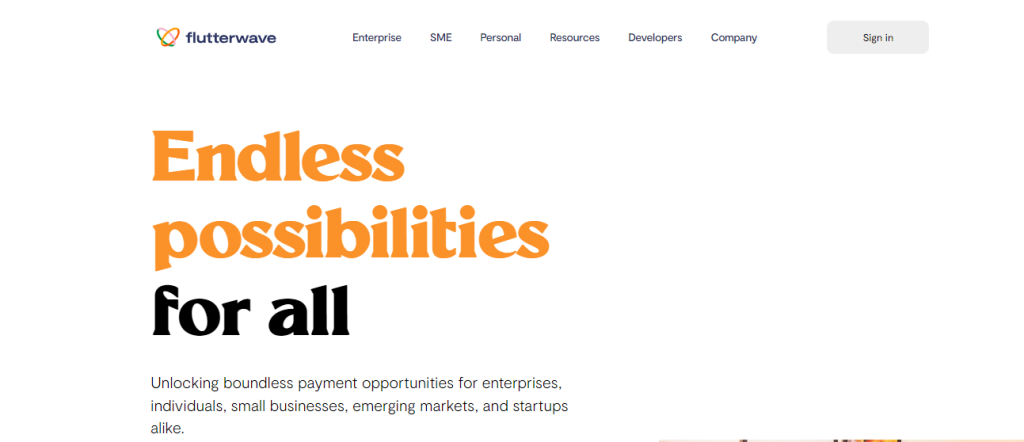
Flutterwave is recognized as the top payment service for Nigerian freelancers and freelancers across Africa. Flutterwave currently supports about 150 currencies, including Naira, Dollars, Pounds, Euro and Yuan. Many Nigerian freelancers use Flutterwave because it is easy to set up an account and because of the payment options they provide after your client sends your money — card, bank account out, bank transfer, and USSD.
With Flutterwave, you can quickly create an account in about 5 minutes, generate an invoice in multiple currencies to send to your international clients to send your money, and then continue with the registration later.***
Flutterwave charges a commission of 3.8% per international transaction. It takes about 1-5 working days for payment made into your Flutterwave account to reflect. Once your payment is settled, you can convert and withdraw your money using other payment options.
Flutterwave is not integrated with freelance marketplaces. This is one of its limitations. So, if you are still looking for a better option on how to receive money from an international client, let’s look at these other available options.
Binance (services banned in Nigeria in 2024)

The cryptocurrency industry is currently booming, with numerous freelance opportunities ranging from programming to writing to art and so much more. However, to get into the crypto industry, you must be prepared to receive payments in cryptocurrency—cryptocurrency simply means digitalized money.
Binance is a cryptocurrency platform that allows you to receive payments in the form of cryptocurrencies, save them or convert them into your local currency via Peer-to-peer service (Crypto exchange vendors that convert cryptocurrencies to fiat currency).
You can create and verify an account in 5 minutes. Following verification, you can begin receiving payments via your registered phone number, email address, or Binance ID. Payment takes approximately 5-10mins to reflect in your account. The transaction fee varies between cryptocurrencies.
A considerable benefit of Binance is that there is no limit to the amount or frequency with which you can receive payments into your account. However, the only disadvantage is the vulnerability of accounts to scams, a fall in the value of received cryptocurrency and rate arbitraging.
TransferWise
Now known as Wise.
We saved the best for the last. Wise is currently the best way for Nigerians to receive money from their international clients. It is the fastest way with the least charges. It also meets all the 6 criteria you should consider before choosing the platform to receive funds from an international client.
Open an account on Wise today and your next payment will be free up to 500 GBP.
With Wise, you can open multiple bank accounts on their platform for different currencies—US Dollars, British Pounds, Euros, and up to over 700 currencies. This means if you’re dealing with 2 different international clients who want to pay in different foreign currencies, you don’t worry about creating another account or looking for another payment option that can support a different currency.
One of the reasons why Wise is the best is because there are no hidden charges. You get the same amount from your international client credited to your account. Your client can send money directly to your Wise account using their debit card, or credit card, or directly from their bank account using a payment service provider. It takes approximately 2-3 days for your money to reflect after your client has sent your funds on their user-friendly app.
However, despite the pros of Wise, the only step that can prove challenging is that card services are not currently available in some parts of Africa, including Nigeria. To solve this issue, you can transfer your funds from Wise to Geegpay so you can use their virtual card. Sometimes, Geegpay’s virtual card services are suspended for a while. In such situations, you can use ChipperCash Virtual cards.
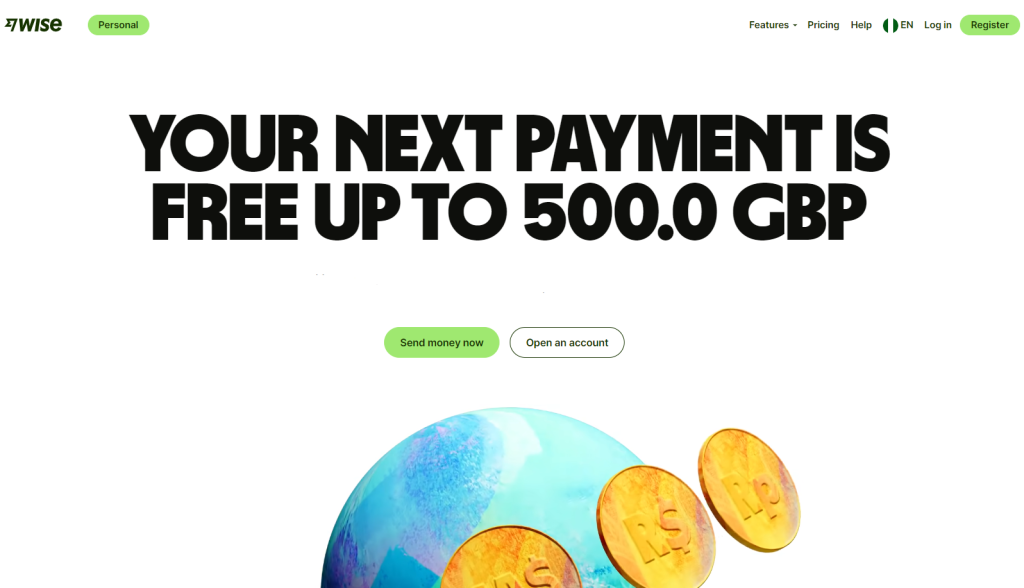
Conclusion
Cross-border payment gateways for receiving money from international clients will always be a point of interest to anyone whose freelancing full time or doing it as a side gig. Do you know better ways of receiving money from international clients?
Feel free to share in the comments.
